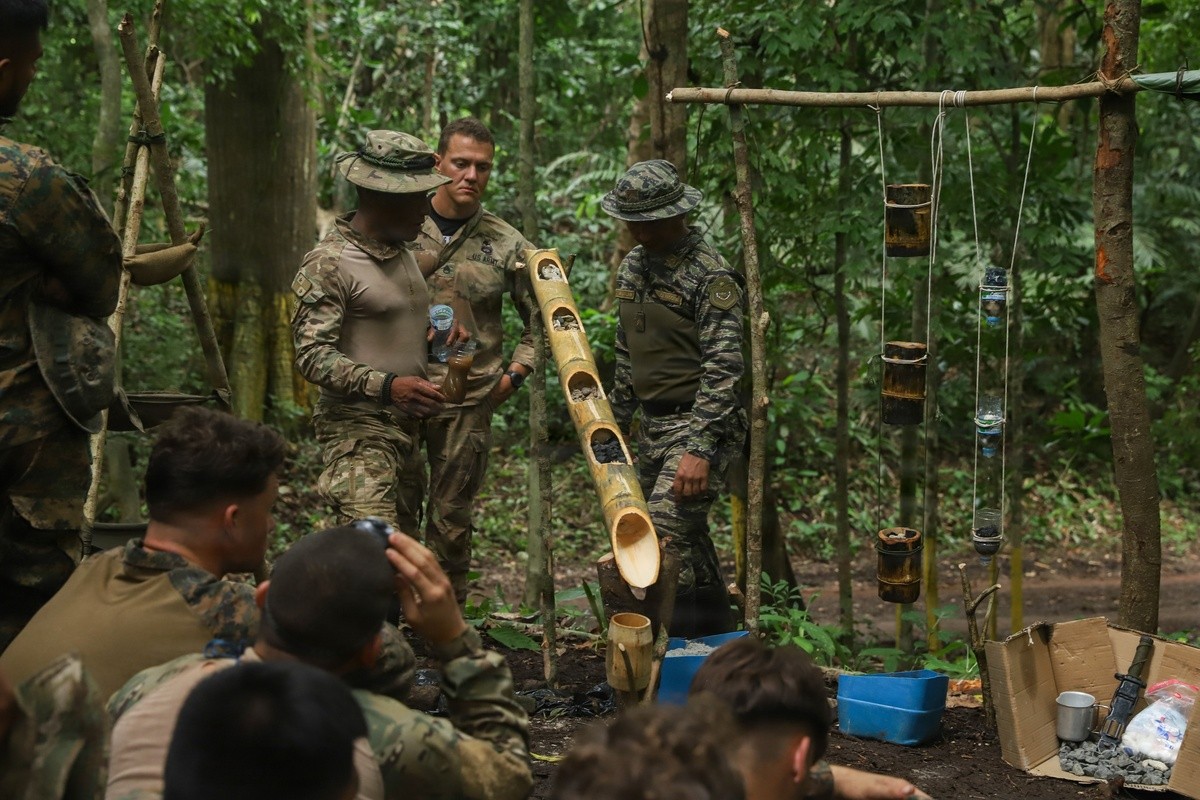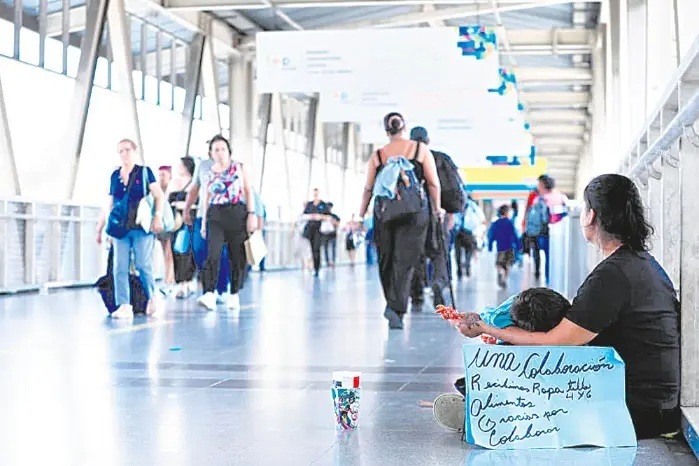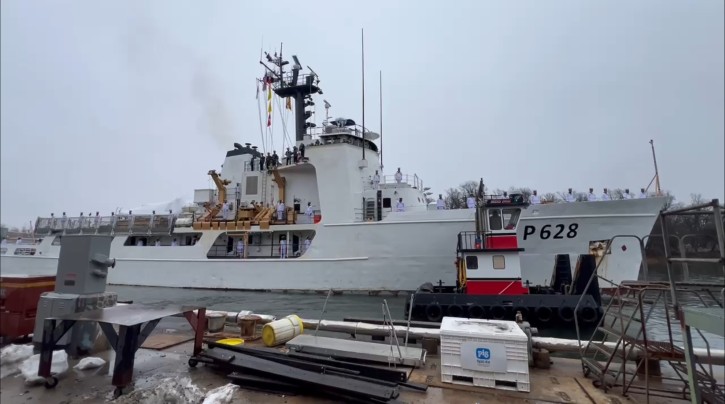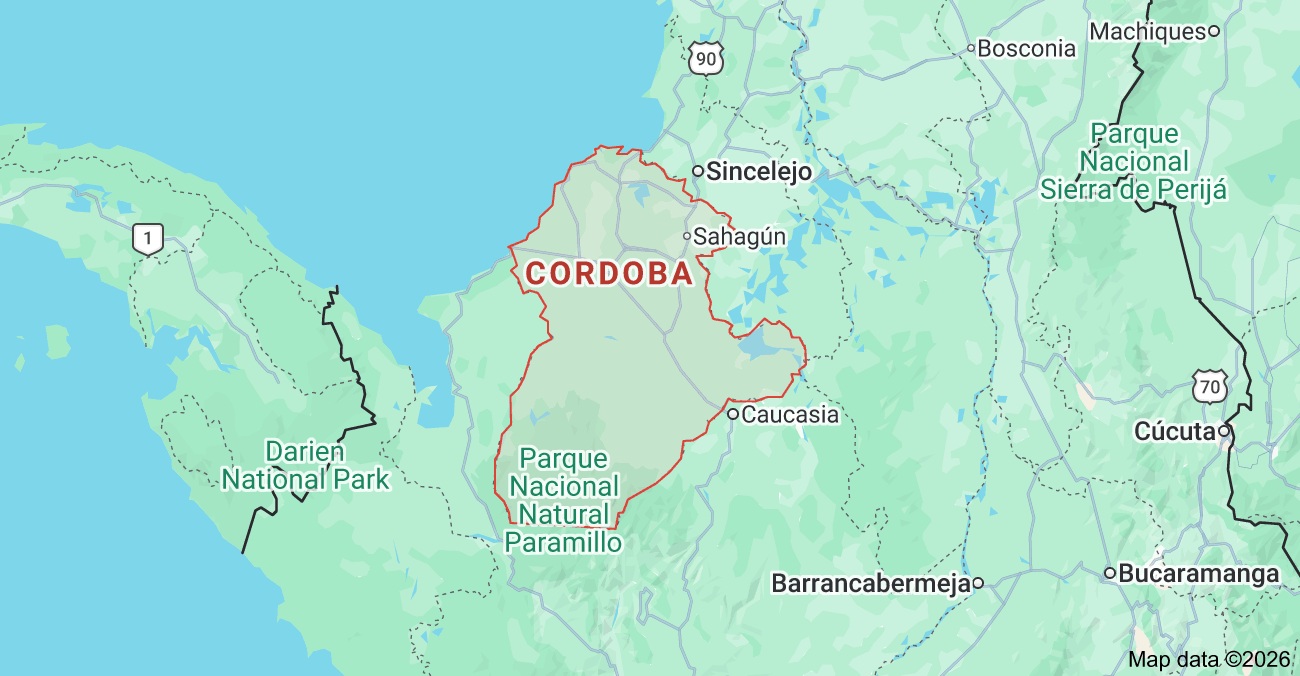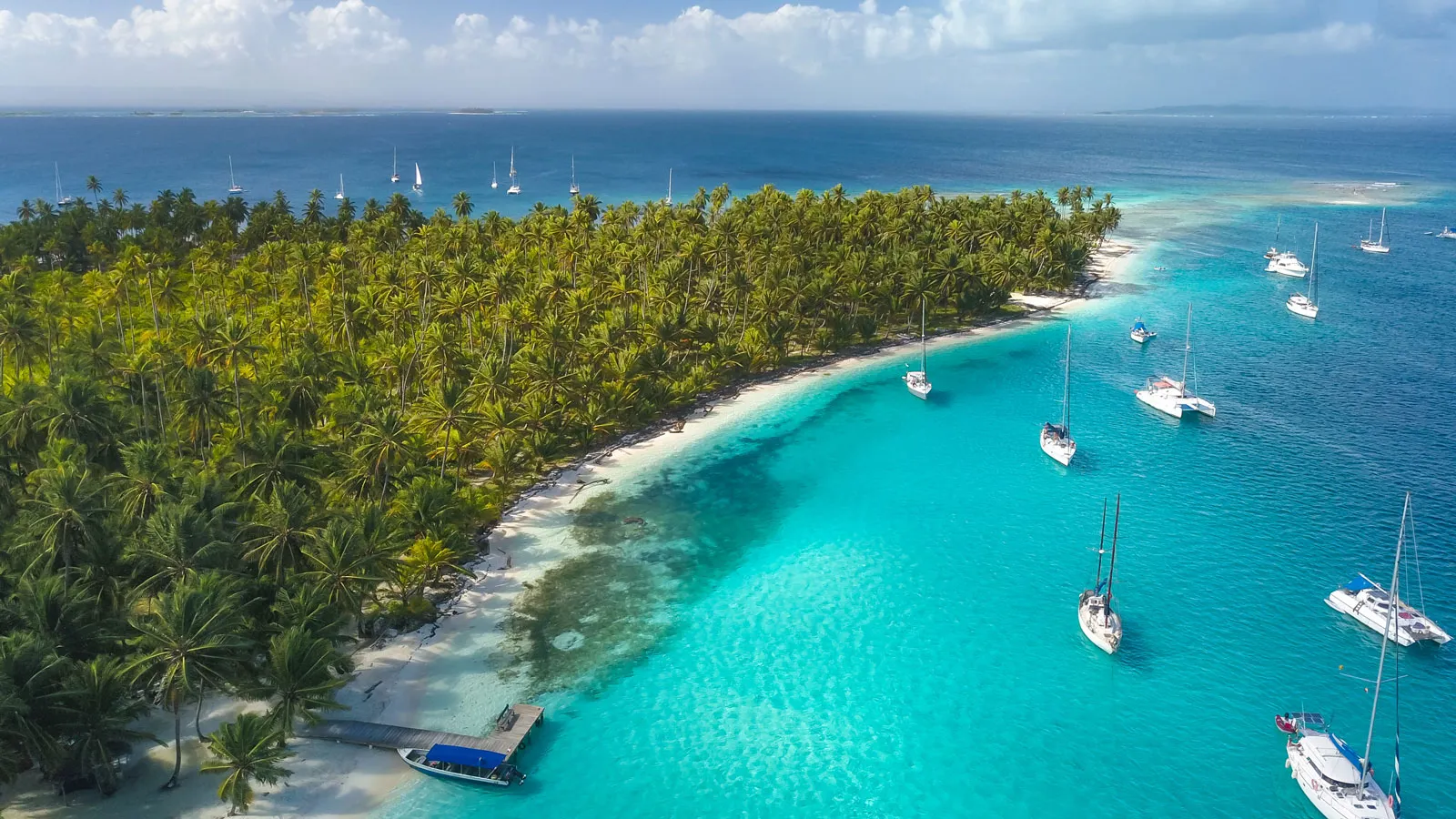Varela warned “no US bases”

As President Juan Carlos Varela and his entourage prepared for his Monday meeting with US President, and deal maker, Donald Trump, he got a clear message: “No more US bases in Panama under any circumstances.”
Given the more than likely possibility that this is a Trump proposal, a group of prominent Panamanian citizens issued an open letter discouraging any such deal with the US leader, reports La Estrella.
Trump firmly believes handing the Canalover to Panama was a bad deal.
“Under no circumstances’ should the fight against terrorism and drug trafficking be allowed to ‘involve the establishment in our territory of military forces from the United States or any other country,’ states the letter, signed by the ex-magistrate Guillermo Márquez Amado, former President Juan Antonio Tejada, former Director of the National Police Ebrahim Asvat, ex-legislator Teresita Yanis de Arias, Olimpo Sáez, Ricardo Bermúdez, Pedro Vargas, Alejandro Garrido, Carlos González De la Lastra, Briseida de López, Guillermo Ríos and Raúl Arias .
“After decades of struggle and sacrifice, Panama has overcome the presence of troops in its territory and proscribed at the constitutional level the existence of a national army, which is why we do not understand why sectors within the country are fanning such a proposal. .. “, the letter says.
The group of Panamanians considers that “it is also not acceptable to restart the failed initiative of the multilateral anti-drug center that involves the presence of military forces in our territory.”
The proposal of the multilateral center arose during the government period of Ernesto Pérez Balladares (1994-1999), but social pressures against it ensured did not materialize.
So far, only three issues have been named as part of the agenda of the meeting between Varela and Trump: drug trafficking, security and the Venezuelan crisis.
Those who sign the proclamation consider that the fight against drug trafficking is a state issue that can only be tackled in an integral way (prevention and repression) and sustained cooperation in which the United States has a major and unavoidable responsibility.
The recent arrest in the United States of people linked to international terrorist networks who would have considered Panama and the Canal as a possible terrorist target is an additional indicator added to trafficking that has raised red flags in the community.
“These are elements that lead us to suspect that the United States will try to reinstall military bases in our country,” Márquez Amado told La Estrella
Former President Aristides Royo, was more sanguine: “I do not believe that the president of the United States will request the installation of military bases and, if he does, it is very unlikely that the president of Panama will accept it,” he said.
Trump firmly believes handing the Canalover to Panama was a bad deal.
“Under no circumstances’ should the fight against terrorism and drug trafficking be allowed to ‘involve the establishment in our territory of military forces from the United States or any other country,’ states the letter, signed by the ex-magistrate Guillermo Márquez Amado, former President Juan Antonio Tejada, former Director of the National Police Ebrahim Asvat, ex-legislator Teresita Yanis de Arias, Olimpo Sáez, Ricardo Bermúdez, Pedro Vargas, Alejandro Garrido, Carlos González De la Lastra, Briseida de López, Guillermo Ríos and Raúl Arias .
“After decades of struggle and sacrifice, Panama has overcome the presence of troops in its territory and proscribed at the constitutional level the existence of a national army, which is why we do not understand why sectors within the country are fanning such a proposal. .. “, the letter says.
The group of Panamanians considers that “it is also not acceptable to restart the failed initiative of the multilateral anti-drug center that involves the presence of military forces in our territory.”
The proposal of the multilateral center arose during the government period of Ernesto Pérez Balladares (1994-1999), but social pressures against it ensured did not materialize.
So far, only three issues have been named as part of the agenda of the meeting between Varela and Trump: drug trafficking, security and the Venezuelan crisis.
Those who sign the proclamation consider that the fight against drug trafficking is a state issue that can only be tackled in an integral way (prevention and repression) and sustained cooperation in which the United States has a major and unavoidable responsibility.
The recent arrest in the United States of people linked to international terrorist networks who would have considered Panama and the Canal as a possible terrorist target is an additional indicator added to trafficking that has raised red flags in the community.
“These are elements that lead us to suspect that the United States will try to reinstall military bases in our country,” Márquez Amado told La Estrella
Former President Aristides Royo, was more sanguine: “I do not believe that the president of the United States will request the installation of military bases and, if he does, it is very unlikely that the president of Panama will accept it,” he said.
” It is unlikely a president of Panama will accept foreign military bases in the country because he knows that the rejection “will be immense,” added the ex-president.
However, said Royo the Panama Canal Neutrality Treaty grants the United States the right to intervene in the country if it feels that the inter-oceanic route is in danger.
In his opinion, the Pentagon understood that it does not require military bases in Panama to defend the Panama Canal from any threat.
For Márquez Amado, the reasons may be political strategy. President Trump seeks to project the United States as a large and powerful country, and that “alarms us”he said.
Former President Perez Balladares believes that “there is no justification, from Panama’s perspective of Panama’s for military bases in our country.”
In any case, he said , it would have to be taken to a popular consultation. But beyond that, he said, “our Constitution is clear as to the establishment of any military presence in our territory.”
Internal weekness
In the statement to the country, the group of Panamanians concludes, that they are aware that Varela’s meeting with Trump occurs “at a time of great internal political weakness, citizen unrest and lack of credibility in justice,”
Varela begins an official tour Monday in the US capital that includes meetings with Trump, International Monetary Fund (IMF) director Christine Lagarde; The president of the Inter-American Development Bank (IDB), Luis Alberto Moreno; And the main US security and migration authorities.
Varela and the first lady, Lorena Castillo de Varela, will be received shortly before noon by Trump and his wife, Melania
In his opinion, the Pentagon understood that it does not require military bases in Panama to defend the Panama Canal from any threat.
For Márquez Amado, the reasons may be political strategy. President Trump seeks to project the United States as a large and powerful country, and that “alarms us”he said.
Former President Perez Balladares believes that “there is no justification, from Panama’s perspective of Panama’s for military bases in our country.”
In any case, he said , it would have to be taken to a popular consultation. But beyond that, he said, “our Constitution is clear as to the establishment of any military presence in our territory.”
Internal weekness
In the statement to the country, the group of Panamanians concludes, that they are aware that Varela’s meeting with Trump occurs “at a time of great internal political weakness, citizen unrest and lack of credibility in justice,”
Varela begins an official tour Monday in the US capital that includes meetings with Trump, International Monetary Fund (IMF) director Christine Lagarde; The president of the Inter-American Development Bank (IDB), Luis Alberto Moreno; And the main US security and migration authorities.
Varela and the first lady, Lorena Castillo de Varela, will be received shortly before noon by Trump and his wife, Melania

